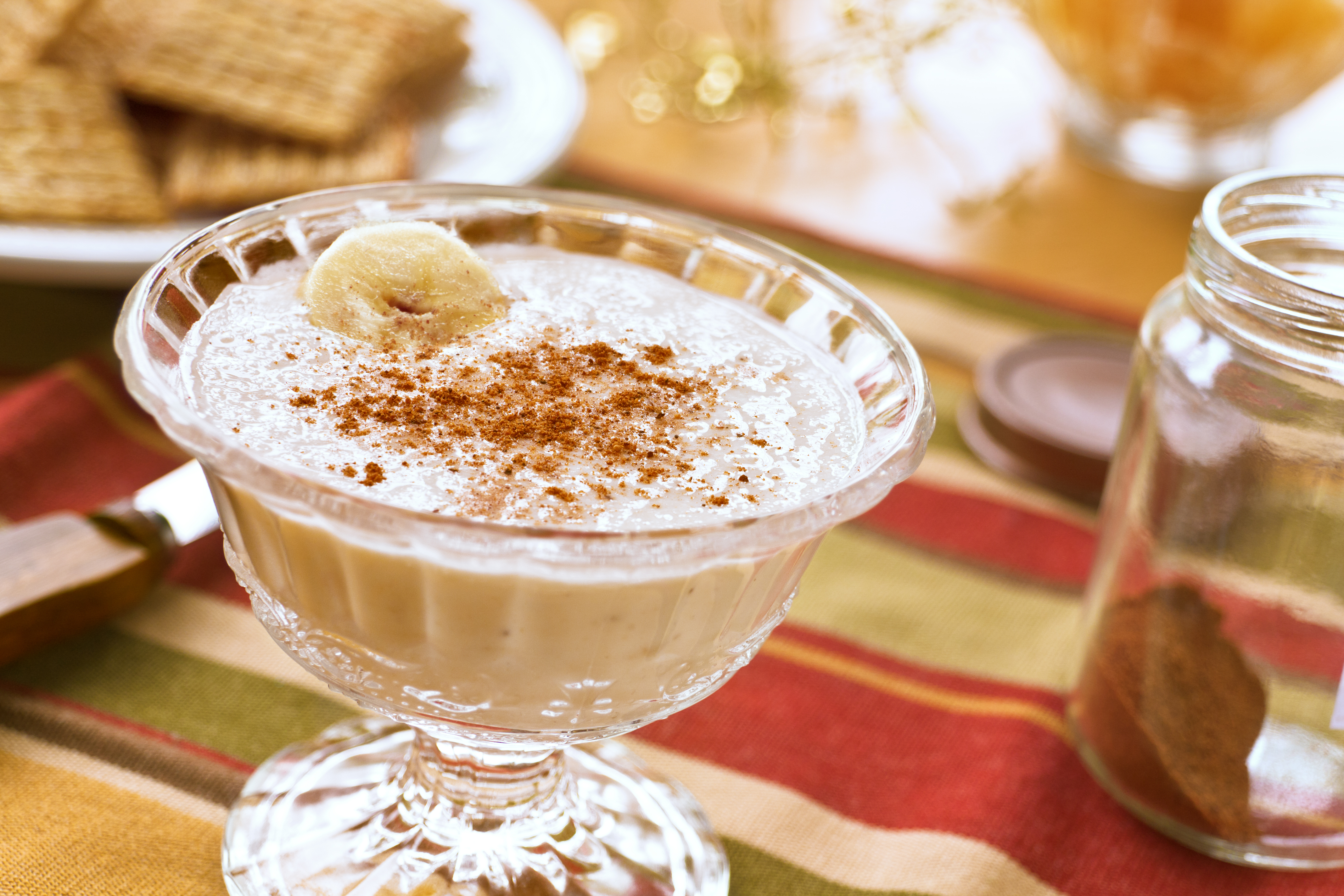Does the holiday season give you more tummy trouble than usual? (And by this, I do not mean the increasing size of one’s tummy, but rather, increasing incidence of discomfort.) You’re not alone. With all the party food, higher-than-usual alcohol intake, and yes—stress—lots of times our GI systems bear the brunt of the season’s soirees. Here are a few ideas for minimizing tummy issues so you can feel healthy and ready for all the festive fun this season.

Watch the caffeine and carbonation
Perking up with lots of coffee or soda might seem like a good way to sail through the season in a more alert mode, but both coffee and carbonated drinks like soda or even seltzer can do a number on your gut. Caffeine can cause lots of symptoms including diarrhea (especially when the stomach is empty of food) and indigestion. Carbonated drinks can increase the chance of heartburn (also called gastroesophageal reflux) and gas or bloating. Staying hydrated is important, but opt for water (maybe with a splash of citrus), and stick with your usual caffeine intake and avoid coffee after mid-afternoon. Save fizzy drinks for earlier in the day or early evening instead of just before bedtime to minimize GI effects. And speaking of bedtime, aim to get adequate sleep to help keep your batteries charged.
De-stress healthfully
Shopping, decorating, cooking, entertaining and work issues during this season can easily lead to an overload of stress (and I didn’t even mention all those gatherings with relatives)! Research shows that stress is directly linked to a number of GI problems, including irritable bowel syndrome and heartburn, among others. It might be tempting to de-stress with a drink, but that’s not a great idea since alcohol can irritate the GI tract and also cause heartburn. Plus, it does nothing to make one more productive or focused, of course. Eating more (a common coping mechanism) is no better, of course, since it’s more likely you’ll chomp on chips and cookies rather than carrot sticks to assuage your stress.
Instead, try getting regular exercise (daily if possible)—even if just 20 minutes of brisk walking—it’s known to boost mood and help decrease tension. Also consider these ideas: keep calming music close by throughout the day, take a short rest or a 10-minute meditation break, pour yourself a nice warm bath at the end of the day, or schedule a well-deserved massage or foot rub.
Save rich foods for special occasion meals only
Let’s face it, when we say “the holidays” we really are only talking about a few days. Keeping that in mind, it’s wise to reign in the eating on all the other days in between Thanksgiving and New Year’s day. Fatty foods can cause diarrhea and cramps, as well as reflux. If these are typical problems of yours, make a point to eat lower-fat foods throughout the season and save the heavy stuff (nuts, fatty meats, cheese) for very special meals only. Oh, and if you’re prone to heartburn, steer clear of peppermint-flavored candies, desserts and drinks, which can also be a trigger for reflux.
Don’t overdo dairy
Not everyone is lactose intolerant, but if you are, the holiday season can present some extra challenges due to all the tasty dairy temptations (think eggnog, cheese platters, creamy desserts). Generally, a little dairy is ok, but a large amount at one time isn’t. If you know you’re going to a party, avoid dairy during the day and limit your portion of dairy-laden food at the buffet. Also consider taking lactase tablets or drops, but do consult your physician about these first, as these products may be contraindicated for some folks (young children and pregnant/breastfeeding women).